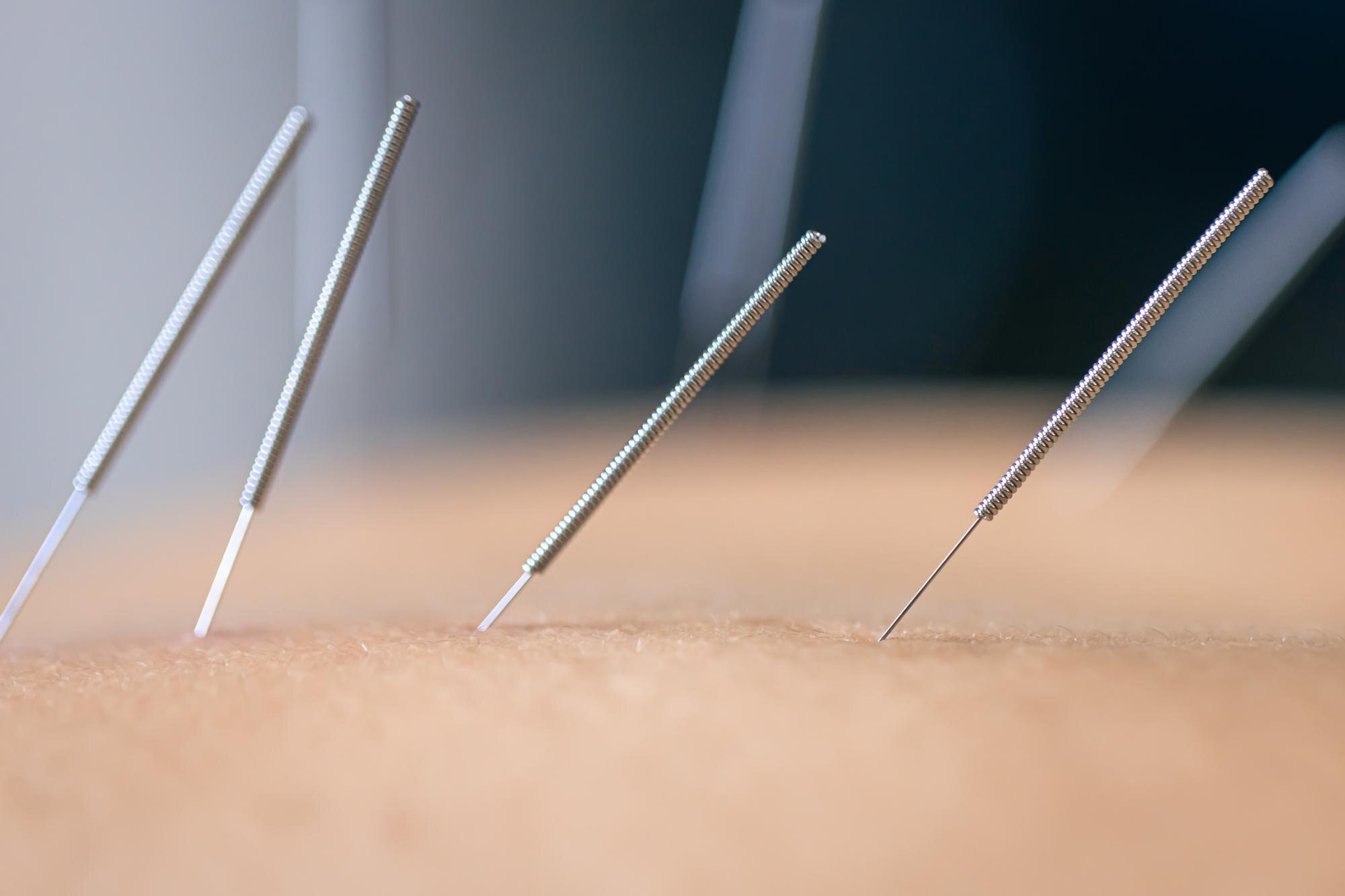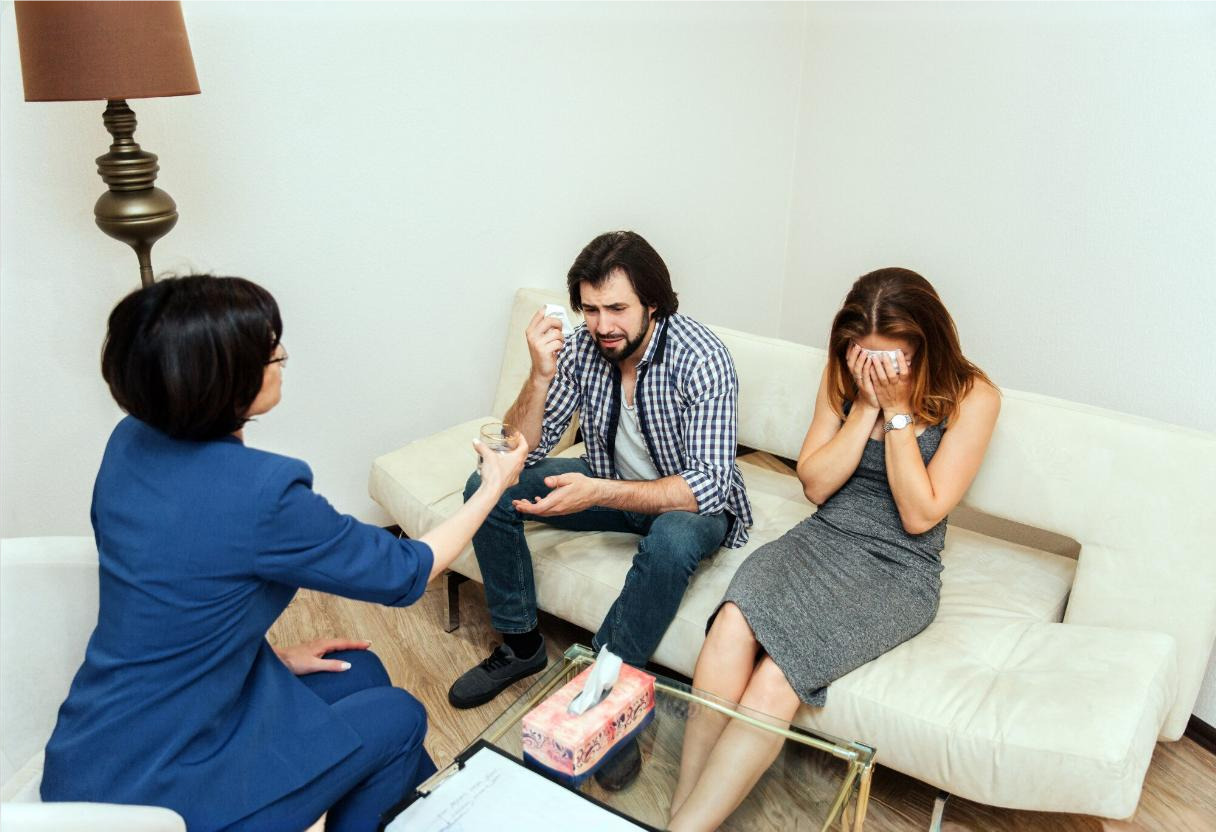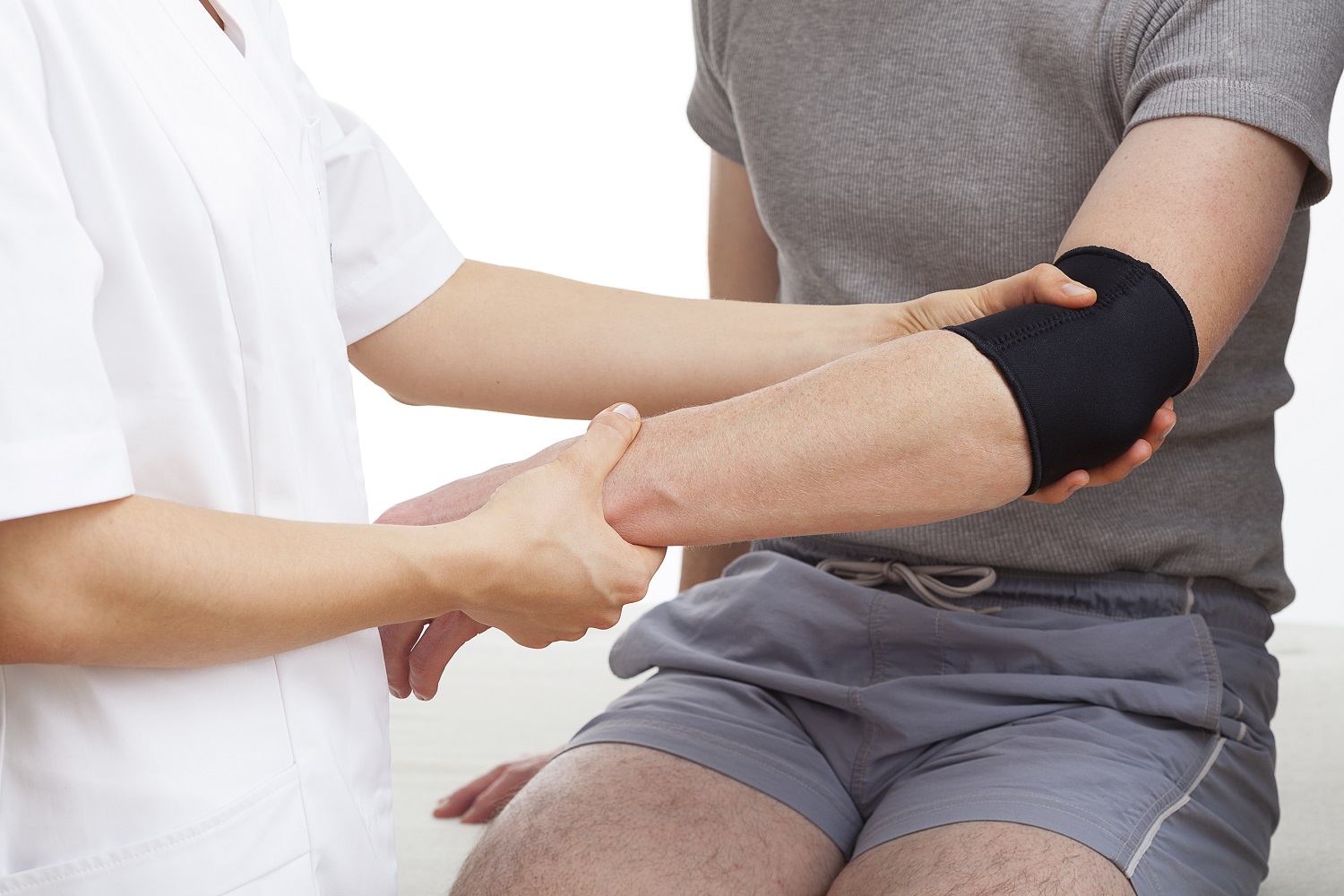Why is Rehabilitation Important After a Car Accident?
The Importance of Rehabilitation After a Motor Vehicle Accident
Motor vehicle accidents (MVAs) can lead to a variety of injuries, ranging from minor strains to severe musculoskeletal and neurological problems. Even accidents that seem minor can result in lasting discomfort, stiffness, and mobility issues. Rehabilitation is a crucial part of the recovery process, as it helps individuals regain strength, flexibility, and function while reducing the risk of chronic pain and further complications. Motor vehicle accident therapy plays a significant role in recovery by providing targeted physiotherapy treatment in Vaughan to address the specific conditions caused by these accidents.
Common Conditions and Problems After an MVA
The injuries sustained during an MVA can vary in severity and type, often leading to both immediate and long-term issues. Some common conditions include:
- Whiplash
Whiplash occurs when the neck is suddenly and forcefully jerked forward and backward, often leading to muscle strains, ligament damage, and nerve irritation. Symptoms include neck pain, stiffness, headaches, and dizziness. - Soft Tissue Injuries
These injuries include sprains and strains to muscles, tendons, and ligaments. They can occur anywhere in the body and are common in MVAs, resulting in pain, swelling, and limited movement. - Fractures and Dislocations
The force from a collision can cause bones to fracture or joints to dislocate, often requiring surgical intervention and extended rehabilitation. - Spinal Injuries
Injuries to the spine, including herniated discs or fractures, can result in persistent pain, numbness, and even mobility issues. These injuries require careful rehabilitation to restore functionality and alleviate symptoms. - Concussions and Head Injuries
In some accidents, the head can be impacted, leading to concussions or more severe brain injuries. These injuries can result in headaches, dizziness, confusion, and cognitive problems, requiring specialized treatment.
How Physiotherapy Helps in Post-Accident Recovery
Physiotherapy plays a vital role in managing and treating the injuries sustained in an MVA. The primary goal is to restore normal function, alleviate pain, and reduce the risk of long-term complications. Physiotherapists use a variety of rehabilitation techniques to address the unique needs of each patient. These techniques promote healing, strengthen muscles, and improve mobility.
Physiotherapy Techniques in MVA Rehabilitation
- Manual Therapy
Manual therapy includes techniques like joint mobilization, soft tissue manipulation, and stretching to improve joint mobility, reduce stiffness, and manage pain. This hands-on approach helps enhance blood circulation to the injured area and encourages faster recovery. - Strengthening and Stretching Exercises
Muscle weakness and joint stiffness are common after an accident. Physiotherapists guide patients through strengthening exercises to rebuild muscle mass and flexibility exercises to restore joint range of motion. - Postural Training
Proper posture is essential for preventing ongoing pain and strain. Postural training aims to correct any imbalances in body alignment that may have occurred as a result of the accident, ensuring that patients can resume normal activities without risking reinjury. - Pain Management
Managing pain effectively is a crucial part of the recovery process. Physiotherapists use heat or cold therapy, ultrasound, and electrical stimulation to help reduce swelling, alleviate discomfort, and promote healing. - Education and Injury Prevention
Physiotherapists educate patients on how to manage pain at home, use assistive devices if necessary, and protect themselves from future injuries. Proper ergonomics and movement patterns are emphasized to prevent recurrence of injuries.
Risks of Not Pursuing Rehabilitation
Failing to seek timely rehabilitation can lead to a range of risks and long-term consequences:
- Chronic Pain
Without proper rehabilitation, injuries such as muscle strains, ligament tears, or spinal injuries may not heal correctly, leading to persistent pain and discomfort. - Limited Mobility
Untreated injuries can result in stiffness and decreased range of motion, making it difficult to perform daily tasks and engage in physical activity. - Increased Risk of Reinjury
Without proper strengthening exercises and mobility training, the risk of re-injury or compensating for one injury by stressing another part of the body increases. - Long-Term Disability
Serious injuries left untreated may lead to long-term functional impairments, affecting your ability to work or engage in hobbies and activities.
The Role of Physiotherapy in Preventing Long-Term Pain
Seeking early and effective motor vehicle accident therapy is essential for minimizing the long-term impacts of an accident in Vaughan. By addressing injuries through physiotherapy rehabilitation, patients can significantly reduce their chances of developing chronic pain, limited mobility, and other long-term complications.
Get the Help You Need for Your Recovery
If you’ve been involved in a motor vehicle accident and are dealing with pain, stiffness, or mobility issues, seeking physiotherapy treatment in Vaughan can be the key to a full recovery. Motor vehicle accident therapy is designed to help individuals recover quickly, regain strength, and return to their daily activities. Contact our clinic today to schedule an appointment and take the first step towards your recovery.








